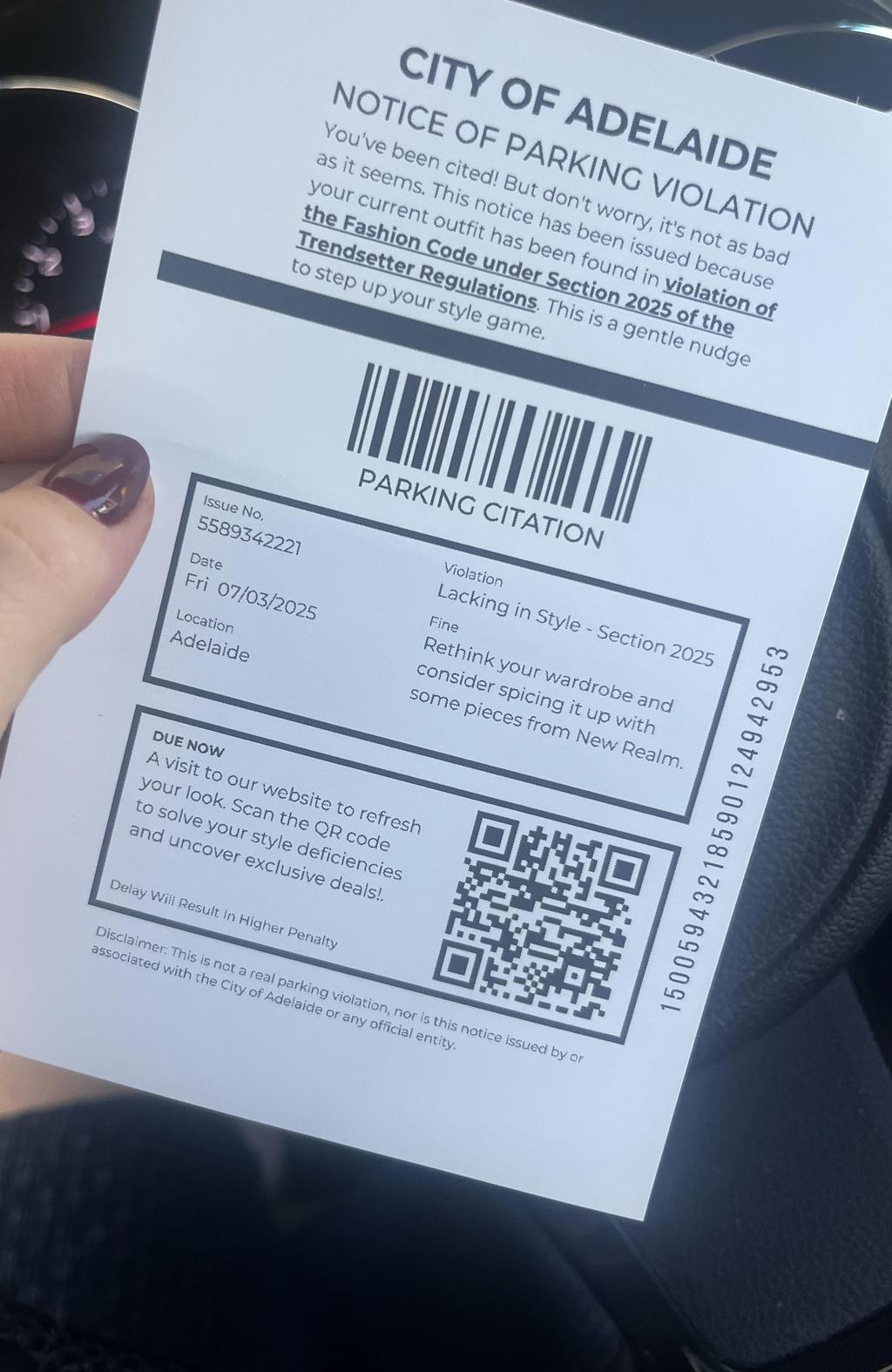In this week’s Our Take, fashion brands set trends in AI, a shut down shop gets a radical reincarnation, Aussies get called out for fashion crimes and AI artwork gets Spirited Away.
Real efficiency, virtual diversity

AI is taking the fashion and beauty industry by storm, and the way it’s being used is evolving rapidly. This month, we saw two standout moves that push the boundaries of how we interact with virtual models and digital content.
First up, H&M is redefining its approach to marketing through AI. By integrating AI-generated models into their campaigns, they’re streamlining production, boosting efficiency, and can even personalise their marketing efforts.
Digi Anne, on the other hand, is a creative and virtual casting agency on a mission to make AI-generated content more inclusive. They’re teaming up with real people to create “digital twins” that reflect the broad spectrum of beauty standards in today’s society. By using actual individuals to create virtual models, Digi Anne wants to offer the fashion industry models that don’t just replicate outdated standards but instead embrace the diversity that brands today are actively championing.
Both stories highlight how AI is changing the industry, but with different takes. H&M shows us the power of AI models as tools for efficiency, while Digi Anne emphasises the importance of inclusivity in AI-generated content. Together, these two initiatives signal a new era in digital fashion – one where technology serves both function and representation.
Rad Retail Reboot

When Debenhams shut its doors in 2021, no one predicted that one would be reincarnated as a skater’s paradise. But fate, and a bunch of determined skateboarders, had other plans. Enter Shredenhams, the UK’s first department-store-turned-skatepark, where bargain bins have been replaced by kickflips.
The skate park launched this March with free skating passes, DJs, and a fully licensed bar, a dream combo for skaters and socialites alike. When fully operational, ther will also be a café, as well as arcade games, pool tables, and table tennis. The transformation taps into the wider trend of urban rewilding – revitalising unused commercial spaces for cultural and community-driven initiatives. As high streets evolve, expect more unconventional repurposing of retail spaces into creative hubs.
Tim Noakes, Director at Campus Skateboarding calls this his dream setup but acknowledges the risk: an indoor skatepark opening in spring with a short-term lease. Still, he hopes it will run for at least a year before the site is redeveloped into a 28-storey tower. For now, though, Bristol skaters can relish the rare chance to grind rails where shoppers once browsed homewares.
Fashion Violation

Nothing wakes you up faster than spotting a parking ticket on your windshield. But for 150 Adelaide drivers, the bad news turned out to be a controversial PR stunt by local streetwear brand New Realm. Brothers Noa and Mateo Radisic printed ultra-realistic parking tickets, each with a QR code leading to their website. The catch? A second glance revealed that the crime you committed wasn’t your parking—it’s your fashion-sense.
The ticket read: “You’ve been cited! But don’t worry, it’s not as bad as it seems. Your outfit has been found in violation of the Fashion Code under Section 2025 of the Trendsetter Regulations. This is a gentle nudge to up your style game.”
Cue confusion, laughter, and viral engagement. (And, yeah, some anger). Within hours, the stunt made its way from local social feeds to national news. It’s proof that with creativity and a bit of cheek, even a small brand can make a massive impact—no paid ads required. Expect to see more guerrilla marketing genius from these two soon.
Taking the Pain out of Painting

Want to see your cat in a whole new style? Just go to ChatGPT, upload a photo, prompt it to generate an image in your favorite art style. That’s it – instant, AI-generated artwork.
Over the past week, you may have noticed a surge of profile pictures and posts transformed into the distinctive anime style of Studio Ghibli, the legendary Japanese animators behind classics such as My Neighbour Totoro, and Spirited Away. This trend exploded after ChatGPT introduced a Ghibli-style image generator, attracting one million users within an hour.
There are longstanding ethical concerns around AI, and its impact on copyright and the livelihoods of artists. Chat GPT’s anime tools sparked further controversy when some users generated unsettling content, such as a reimagined World Trade Center bombing, horribly juxtaposed with anime cuteness. Although Hayao Miyazaki, the legendary creator of Studio Ghibli, has yet to comment on Chat GPT’s use of his style, he once famously stated that AI is “an insult to life itself.”
As technology advances, industries evolve, and adaptation becomes a necessity. The general sentiment toward OpenAI and similar companies is clear: embrace the changes, or risk being left behind.
Still, despite all the debates and dilemmas, I can’t help but wonder—what would my cat look like as a Ghibli character?
